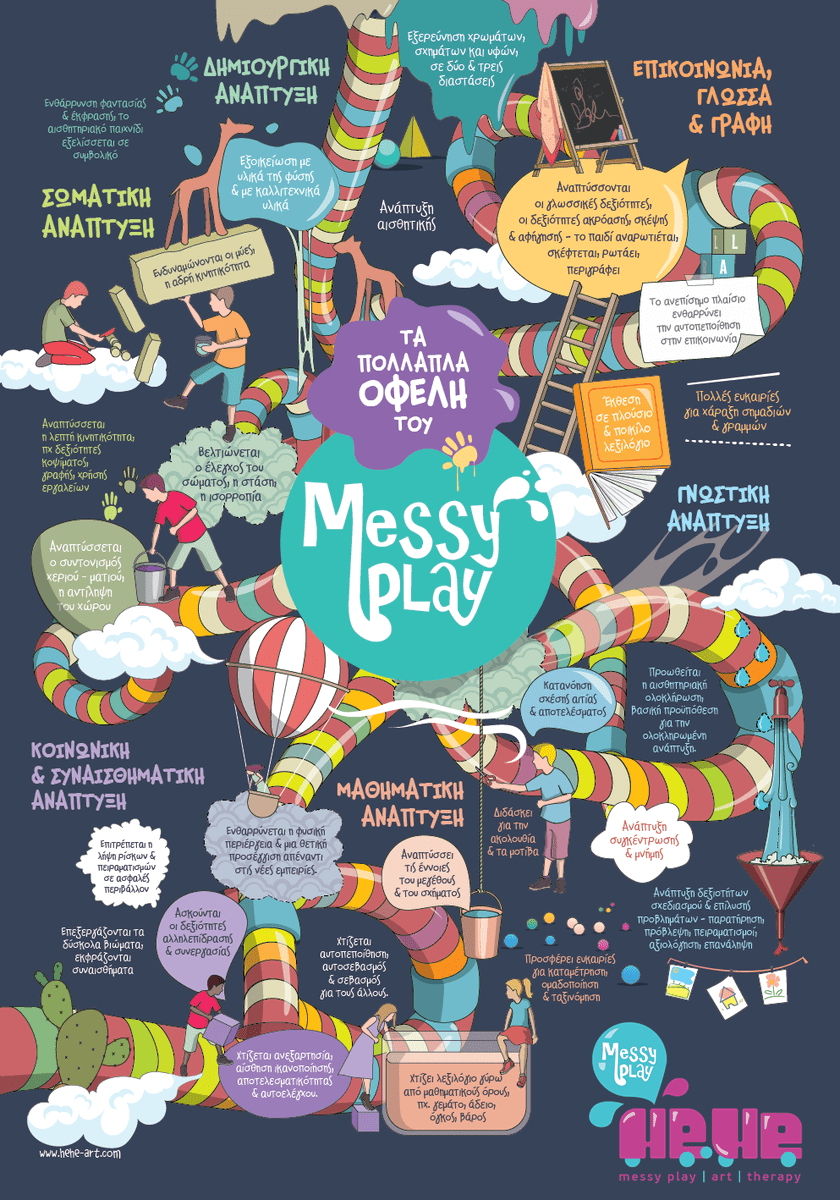Messy Play refers to sensory play that, while it may be messy, offers remarkable developmental benefits. During this type of play, children of all abilities and ages engage with materials that stimulate all their senses, allowing them to play without constraints. From the moment they are born, children possess a natural curiosity and a need to explore, experiment, and interact with the world around them. This is how they come to understand and learn about their environment, fostering all areas of their development.

Why is Messy Play Important for Child Development and Skill Improvement?
According to Piaget’s assessments and various research studies, children predominantly use their senses to explore the world and learn about their environment. Engaging all senses helps the developing brain receive essential stimuli needed to gradually form a more comprehensive sense of self and understanding of the world.
Messy Play is facilitated by certified professionals trained in the program "Messy, Sensory and Clay Play: Sensory Play as a Means of Development, Connection, and Therapy" offered by Hehe - Messy Play, Art & Therapy, the most experienced and reputable sensory play organization in Greece.